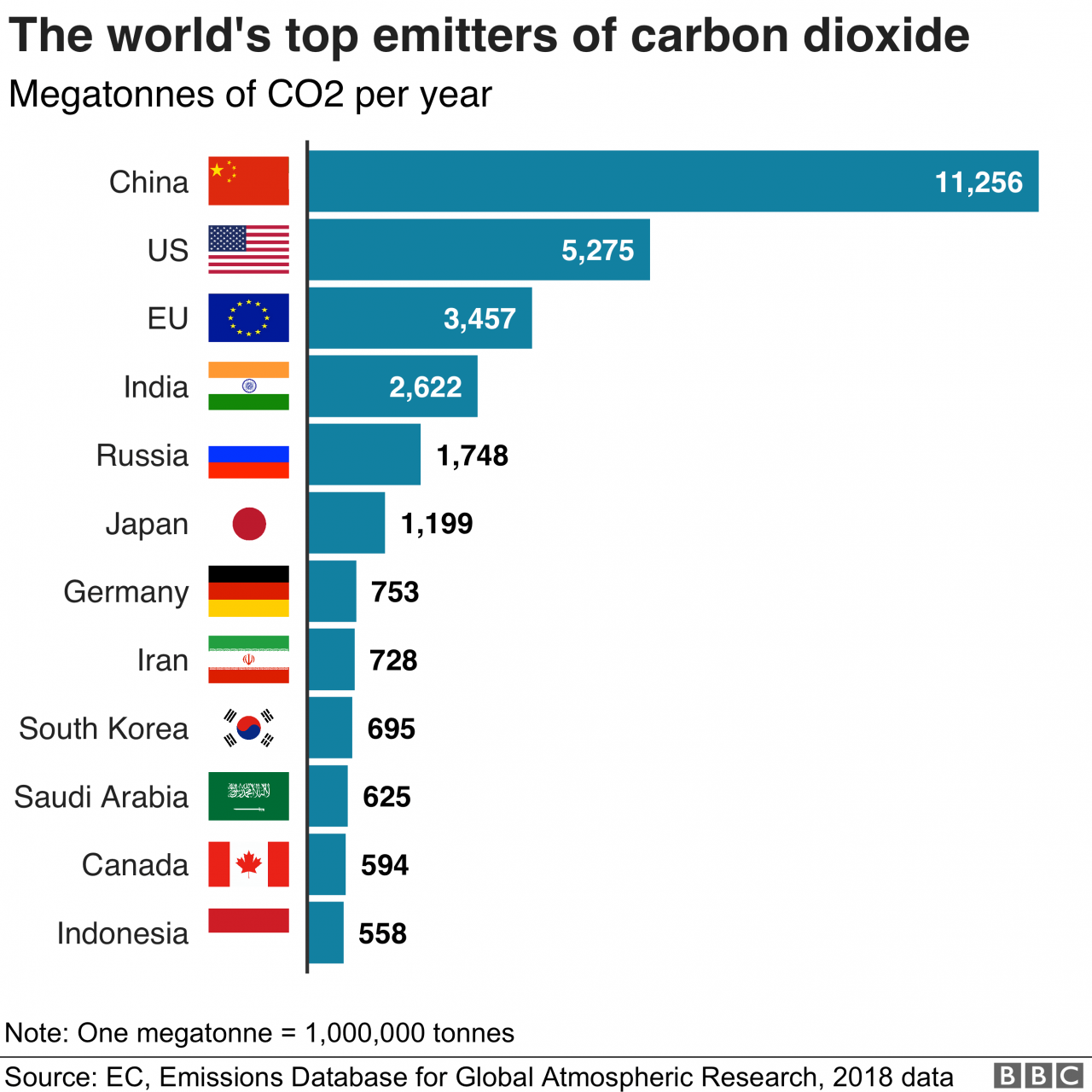
As the climate change progress 2024 theme takes center stage, we delve into the strides made in global mitigation efforts and the transformative role of technological advancements in shaping a more sustainable future.
The year 2024 marked significant progress in the fight against climate change, with concerted efforts yielding tangible results. Global mitigation initiatives gained momentum, driving down greenhouse gas emissions and setting the stage for a cleaner and healthier planet.
Climate Change Impacts: Progress in 2024

In 2024, the impacts of climate change became increasingly evident worldwide. Rising global temperatures led to extreme weather events such as devastating hurricanes, wildfires, and heat waves. Coastal communities faced severe flooding due to sea-level rise, while droughts ravaged agricultural regions.
Despite these challenges, progress was made in mitigating the impacts of climate change. Early warning systems were enhanced, improving disaster preparedness and reducing casualties. Governments invested in infrastructure resilience, such as flood barriers and drought-tolerant crops, to protect vulnerable communities.
Impacts on Human Health
- Increased heat-related illnesses, respiratory problems, and mental health disorders.
- Spread of vector-borne diseases, such as malaria and dengue fever, to new areas.
Impacts on Ecosystems
- Coral bleaching and ocean acidification, threatening marine biodiversity.
- Forest fires, habitat loss, and species extinction.
Global Mitigation Efforts: Progress and Challenges
In 2024, the global community made significant strides in mitigating climate change. The Paris Agreement was strengthened, and countries implemented ambitious emissions reduction targets. Renewable energy sources, such as solar and wind power, became increasingly competitive and widely adopted.
However, challenges remained. Fossil fuel consumption continued to contribute to emissions, and the transition to a low-carbon economy faced obstacles. International cooperation was crucial for addressing these challenges and ensuring equitable access to clean energy technologies.
Progress in Developed Countries
- Significant investments in renewable energy and energy efficiency.
- Carbon pricing and emissions trading schemes implemented.
Challenges in Developing Countries
- Lack of financial resources and technical expertise.
- Dependence on fossil fuels for economic growth.
Technological Advancements: Driving Climate Action
Technological advancements played a vital role in climate change progress in 2024. Carbon capture and storage technologies were developed, offering potential for reducing industrial emissions. Electric vehicles gained popularity, reducing transportation emissions.
Artificial intelligence (AI) was used to optimize energy consumption, predict extreme weather events, and monitor environmental data. Innovation in renewable energy sources, such as solar panels and wind turbines, improved their efficiency and cost-effectiveness.
Role of Artificial Intelligence (AI), Climate change progress 2024 theme
- AI-powered smart grids for efficient energy distribution.
- AI-based forecasting systems for improved disaster preparedness.
Emerging Technologies for Climate Action
- Hydrogen fuel cells for zero-emission transportation.
- Bio-based materials as sustainable alternatives to plastics.
Policy Frameworks: Impact on Climate Change: Climate Change Progress 2024 Theme
Policy frameworks were instrumental in shaping climate change progress in 2024. Governments adopted comprehensive climate laws, setting binding targets for emissions reduction and promoting clean energy investment.
International agreements, such as the Global Climate Fund, provided financial support for climate mitigation and adaptation efforts in developing countries. However, there were gaps in policy implementation and enforcement, highlighting the need for stronger governance and accountability.
Effectiveness of Policy Frameworks
- Ambitious emissions reduction targets set by major economies.
- Increased funding for renewable energy research and development.
Gaps in Policy Implementation
- Lack of coordination between different levels of government.
- Insufficient monitoring and enforcement of environmental regulations.
Final Review
The progress made in 2024 underscores the urgency of collective action and the power of innovation. As we look ahead, continued collaboration, investment in renewable energy, and adoption of climate-friendly technologies will be crucial to mitigating the impacts of climate change and securing a sustainable future for generations to come.
Questions Often Asked
What were the key climate change impacts observed in 2024?
In 2024, the world witnessed a rise in extreme weather events, including more frequent and intense heat waves, droughts, floods, and wildfires, aligning with long-term climate change projections.
How did global mitigation efforts contribute to progress in 2024?
Global mitigation efforts in 2024 focused on reducing greenhouse gas emissions through measures such as promoting renewable energy, improving energy efficiency, and implementing carbon pricing mechanisms, resulting in a noticeable decline in global emissions.
What role did technological advancements play in driving climate action in 2024?
Technological advancements played a crucial role in 2024, with innovations in renewable energy technologies, such as solar and wind power, making them more affordable and accessible, while advancements in energy storage systems enabled greater integration of renewables into the grid.





